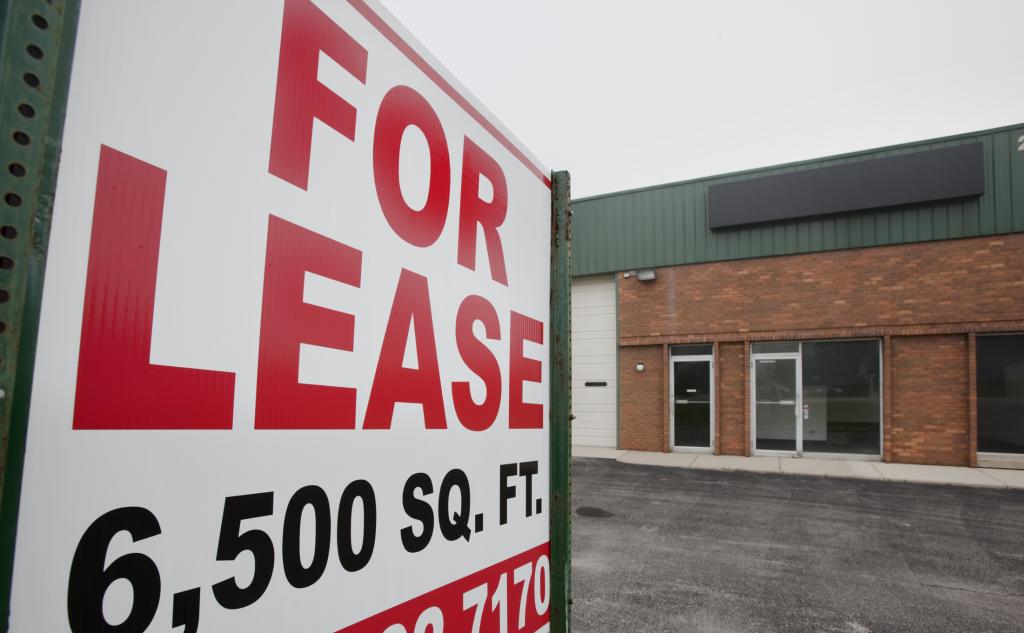
This is a quote from the judgment of Lord Asquith in the case of Cunliffe v Goodman [1950]. This principle is often recited in contested commercial lease renewals where a landlord seeks possession of premises on ground f i.e. the landlord intends to redevelop the site. Where a landlord opposes a new tenancy in reliance upon ground f, the landlord must persuade the Court that it needs possession of the premises; that there is a real prospect of redevelopment happening, and the works will start within a reasonable period.
Case of Spirit Pub Company (Managed) Limited v Pridewell Properties (London) Ltd [2025]
Judgment has just been handed down in the case of Spirit Pub Company (Managed) Limited v Pridewell Properties (London) Ltd [2025], which case concerns a landlord’s opposition to a new tenancy being granted to their tenant of public house premises.
Every case is fact specific and so there is no one size fits all approach. In the Spirit Pub case, the tenant asserted that the landlord did not hold a firm and settled intention to carry out the development. Further, that there were several other factors which would impact practical delivery of the scheme, and within a reasonably short period after termination of the lease.
The Judgement – Commercial lease renewal
On the evidence before the Court, the Judge determined that the landlord would need possession of the premises to carry out their redevelopment scheme. This contrasts some decisions where a scheme affecting part only of premises was adjudged to be deliverable without obtaining possession of the entirety of the leased premises.
In Spirit Pub, planning permission had not yet been achieved for the site, but pre-application discussions had taken place between the landlord and the planning authority, and various reports obtained. The Judge found that on the evidence before him, the landlord did have a firm and settled intention to build the development, but that intention was contingent upon resolving various matters, including a restrictive covenant. The Judge commented that the hurdle posed by the restrictive covenant, which might otherwise prevent the redevelopment taking place, was likely capable of being overcome.
The Judge also found that the landlord’s timeframe of 14 months from possession to commencing development, was reasonable. This is useful guidance for what may be considered a reasonable timeframe, but each case will turn on its own facts.
However, what was fatal to the landlord’s opposition to the renewal lease was funding. The landlord required third party funding to implement its redevelopment plans. The evidence before the Court was that the bank would require the landlord’s directors to provide personal guarantees. The Judge was critical of the lack of evidence adduced in respect of the directors’ personal finances and therefore whether there would be sufficient personal wealth / assets to support the guarantees, required by the lender.
As a result, the Judge was not satisfied that there was a real prospect of obtaining funding for the development. Accordingly, the landlord’s opposition to the claim for a new tenancy failed.
The Judgment underlines how important it is to collate sufficient evidence to show that the planned redevelopment has real prospects of implementation and falling short on any one of the limbs in which the deliverability of a particular scheme is assessed, will be fatal to a landlord.
Where a landlord fails to establish its opposition to a renewal lease, the tenant will be granted a further lease. Unless the Court can be persuaded to order the inclusion of a break clause within the renewal lease, a landlord’s redevelopment plans will be thwarted for potentially the length of the new lease. This will be particularly frustrating and could lead to negative financial consequences, where a tenanted property is bought specifically for redevelopment purposes. That landlord will not want to be stuck with the tenant for another lease cycle and prevented from getting on with its own plans.
If you require legal advice please contact me, Helen Williams, on 01392 401176 / h.williams@stephens-scown.co.uk
